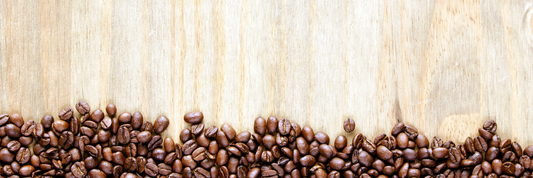The paper bag, an everyday item often taken for granted, has a rich history spanning more than a century. Its evolution from a simple packaging solution to a symbol of sustainability reflects the changing needs of commerce, industry, and environmental consciousness. Let’s explore the journey of the paper bag and its impact on modern society.
- Top 10 Uses of Paper Bags: From Shopping to Crafting
- Paper Shopping Bags by Material and Use: A Guide for Businesses
- Which Paper Is Used for Paper Bags?
Early Beginnings of Paper Bags
The Invention of Paper Bags
The origins of paper packaging date back to the early 1800s when merchants sought practical ways to package goods. Early paper bags resembled envelopes—flat and fragile, offering minimal durability.
Key Figures in Paper Bag Innovation
A breakthrough came in 1852 when Francis Wolle, an American inventor, patented the first machine for mass-producing paper bags. This innovation made paper bags more accessible, setting the stage for their widespread use in retail and grocery stores.
In 1870, Margaret Knight revolutionized the industry by designing a flat-bottomed paper bag, allowing it to hold more weight and stand upright. Her invention, patented in 1871, became the blueprint for modern grocery bags.
The Rise of Durable Paper Bags
Industrial Advances and Widespread Use
As industrialization progressed, machinery improvements enabled the mass production of stronger paper bags. By the late 19th and early 20th centuries, paper bags became essential in grocery stores, department stores, and retail establishments.
The Impact of Industrial Growth
The retail boom of the late 19th century further fueled paper bag demand. With businesses expanding and urban populations growing, paper bags became a convenient, cost-effective packaging solution.
Challenges and Competition in the 20th Century
The Rise of Plastic Bags
By the 1960s, plastic bags emerged as a cheaper, more durable alternative, leading to a decline in paper bag usage. Retailers and consumers embraced plastic for its lightweight and waterproof properties.
Environmental Awareness and the Return of Paper Bags
In the 1980s and 1990s, concerns about plastic pollution prompted a renewed interest in paper bags. Recognized as biodegradable and recyclable, they became a preferred alternative for environmentally conscious consumers and businesses.

The Modern Paper Bag: A Sustainability Champion
Resurgence in Popularity
With the global movement toward sustainability, paper bags have made a strong comeback. Many retailers, restaurants, and high-end brands now use them to showcase eco-friendly values and reduce plastic waste.

Innovations in Paper Bag Design
Recent advancements have improved paper bag durability, water resistance, and customizability. Many modern paper bags are now made from recycled materials, reinforcing their sustainability credentials.
The Future of Paper Bags
Growing Demand and Market Trends
As governments worldwide implement plastic bans and consumers prioritize sustainable choices, demand for paper bags continues to rise. The industry is expected to innovate further, creating stronger, more eco-friendly alternatives.

Technological and Material Innovations
The future may see the development of biodegradable coatings, reusable paper bags, and even compostable alternatives, making paper bags an even more sustainable option.
Conclusion
From their humble beginnings to becoming a staple of sustainable packaging, paper bags have played a crucial role in commerce and environmental responsibility. As businesses and consumers seek greener alternatives, the paper bag’s legacy continues to grow, proving that simple innovations can leave a lasting impact.




